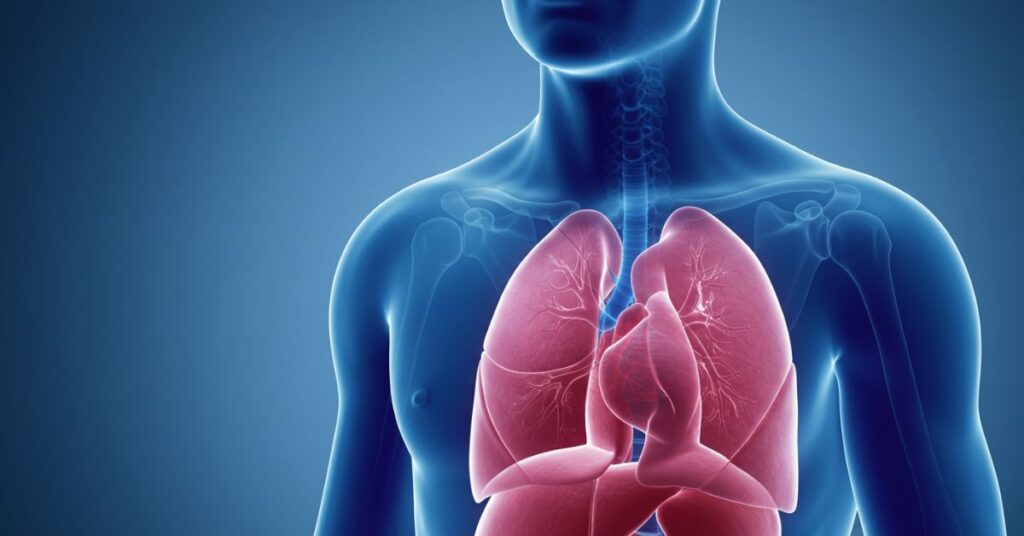Your respiratory system is responsible for supplying your body with the oxygen it needs to function. When it begins to weaken or shows signs of illness, the body responds with subtle symptoms that shouldn’t be ignored. Early detection of respiratory issues like asthma, chronic bronchitis, or even early-stage lung disease can make treatment more effective and reduce long-term damage. Recognizing the early warning signs allows you to seek help promptly and maintain healthy lungs for life.
Persistent Cough
A frequent cough that lasts for weeks could be one of the first signs of poor respiratory health. Unlike a cold-related cough, this kind tends to persist and may produce mucus. Chronic coughing may indicate conditions like bronchitis, asthma, or early stages of COPD (Chronic Obstructive Pulmonary Disease).
Shortness of Breath
Feeling breathless after minimal activity or while resting is not normal. This symptom often points to restricted airflow in the lungs or heart-related issues. It may signal asthma, lung infection, or beginning stages of emphysema and should be addressed immediately.
Wheezing or Noisy Breathing
Wheezing is a high-pitched whistling sound when breathing and usually occurs due to narrowed airways. It’s a typical symptom of asthma, allergic reactions, or even serious lung infections. If you notice this sound frequently, it’s time to consult a healthcare provider.
Chest Tightness or Discomfort
Mild chest tightness, especially when breathing deeply or coughing, can be a red flag for respiratory issues. It might result from inflamed airways, infections, or fluid in the lungs. This symptom should never be ignored, especially if it’s paired with shortness of breath.
Frequent Respiratory Infections
If you regularly suffer from colds, bronchitis, or pneumonia, it may indicate that your lungs are compromised. A weakened respiratory system struggles to defend against infections, leading to recurring illnesses.
Fatigue or Lack of Energy
Your lungs supply oxygen to every part of your body. When they aren’t working properly, oxygen levels drop, making you feel constantly tired. This fatigue might not go away even after rest and can be a subtle sign of respiratory decline.
Increased Mucus Production
Clear, white, yellow, or green mucus that is being coughed up regularly can be a symptom of lung irritation or infection. Increased mucus production is the body’s response to inflammation and may signal chronic bronchitis or other long-term lung conditions.
Voice Changes or Hoarseness
A persistent hoarse voice or changes in how you sound can be caused by inflammation or infection in the airways or vocal cords. If this continues beyond a couple of weeks, it might point to a more serious respiratory issue.
Cyanosis (Blue Tint to Skin or Lips)
When the body isn’t getting enough oxygen, areas like your lips, fingertips, or face may appear bluish. This condition is known as cyanosis and is a serious sign of low blood oxygen levels due to respiratory distress or lung disease.
Conclusion
Early signs of poor respiratory health—such as a lasting cough, wheezing, fatigue, or frequent infections—should never be ignored. These symptoms can be early indicators of chronic respiratory conditions that may worsen without medical attention. By recognizing these warning signs and seeking timely care, you can protect your lungs and maintain a better quality of life. If you notice any of these symptoms regularly, consult a healthcare provider to determine the underlying cause and begin appropriate treatment.

